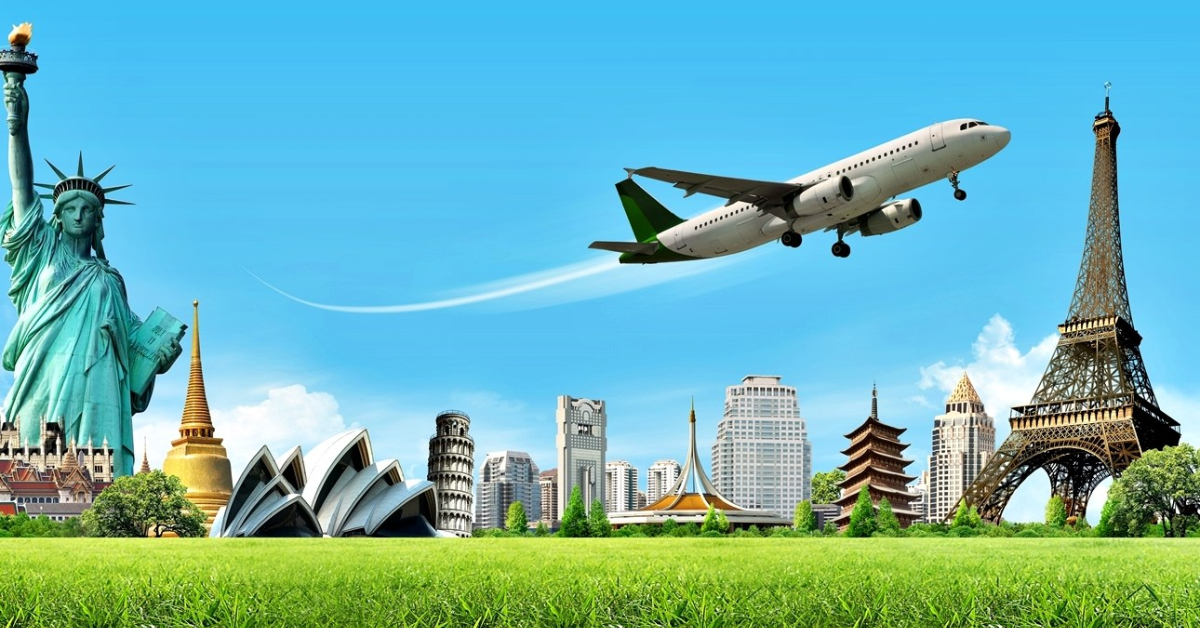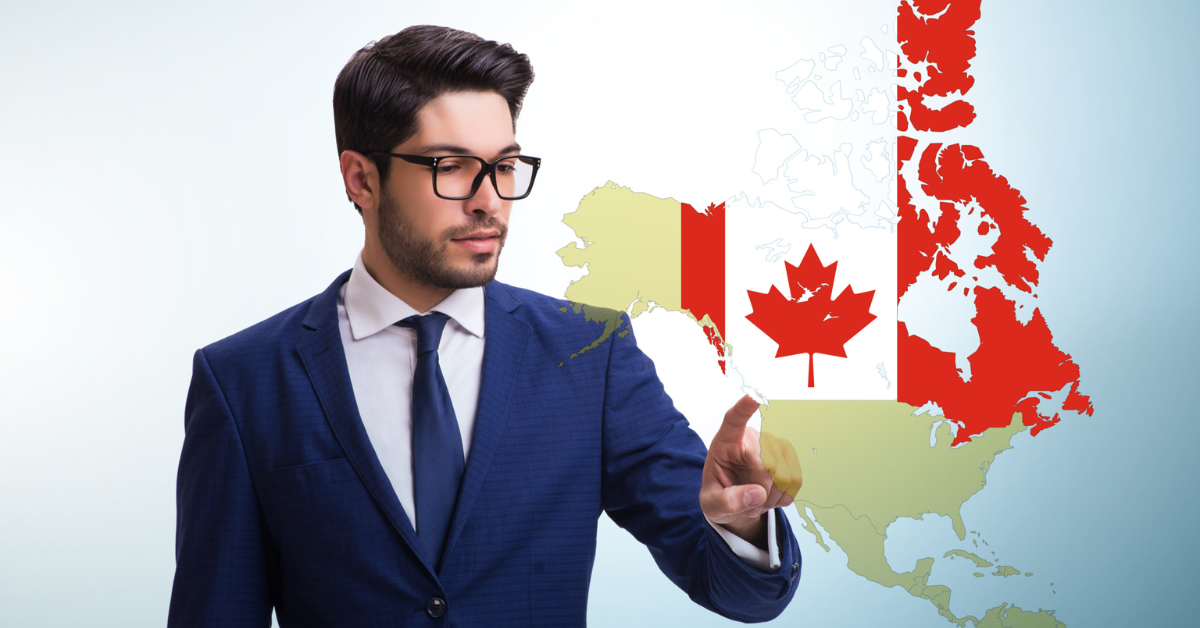
A Comprehensive Guide to USA Visa Categories
By admin
August 11, 2023
The United States of America offers a wide range of visa categories designed to accommodate various purposes of travel, from tourism and business to study and employment. Navigating the diverse options can be overwhelming, but understanding the different visa categories is essential for successful and lawful entry into the country. This comprehensive guide will walk you through the major USA visa types and US visa categories, providing you with valuable insights to help you choose the one that best suits your needs. Whether you’re looking to explore its natural beauty, pursue higher education, or contribute your skills to its workforce, there’s a visa category tailored to your intentions. Understanding the intricacies of each category is crucial for a successful visa application and entry into the country. Planning to move to the USA? Consult with a trusted USA Immigration Consultant in Sangrur to ensure a smooth and successful immigration process.
Nonimmigrant Visa Categories
B Visa (Tourism and Business)
The B visa is suitable for individuals planning to visit the U.S. for tourism, business meetings, or medical treatment. It includes B-1 (business) and B-2 (tourism) subcategories. B-1 covers activities like attending conferences, negotiating contracts, and consulting with business associates, while B-2 covers leisure travel, medical treatment, and visits to friends and relatives.
F Visa (Student)
The F visa is designed for students seeking to study in the U.S. This category includes academic and language students. To qualify, you must have an acceptance from a Student and Exchange Visitor Program (SEVP)-)-approved school and demonstrate the financial capacity to cover tuition and living expenses.
H Visa (Temporary Worker)
The H visa category encompasses various subcategories, such as H-1B for specialty occupation workers, H-2A for temporary agricultural workers, and H-2B for non-agricultural temporary workers. These visas are employer-sponsored and require a job offer from a U.S. employer.
J Visa (Exchange Visitor)
The J visa is for individuals participating in approved exchange programs, such as research, training, or cultural exchange. This category includes J-1 (exchange visitor) and J-2 (dependent) visas. Exchange visitors are required to return to their home countries for at least two years after completing their programs.
O Visa (Extraordinary Ability)
The O visa is for individuals with extraordinary abilities or achievements in fields like arts, sciences, education, business, athletics, or the motion picture industry. It includes O-1A (sciences, education, business, athletics) and O-1B (arts) subcategories.
Looking for personalized assistance in your US immigration journey? Look no further than the expertise of our USA Immigration Consultant in Sangrur.
Immigrant Visa Categories
Family-Based Visas
Family-based immigrant visas are available for close relatives of U.S. citizens and lawful permanent residents. Categories include Immediate Relatives (spouses, children, and parents of U.S. citizens) and Family Preference Categories (more distant relatives).
Employment-Based Visas
Employment-based immigrant visas are for individuals with job offers from U.S. employers. Categories range from EB-1 (priority workers with extraordinary abilities) to EB-5 (investors creating jobs in the U.S.).
Diversity Visa (Green Card Lottery)
The Diversity Visa (DV) program, commonly known as the Green Card Lottery, provides a limited number of visas to individuals from countries with historically low rates of immigration to the U.S.
Special Visa Categories
U Visa (Victims of Criminal Activity)
The U visa is for victims of certain crimes who have suffered mental or physical abuse and are willing to assist law enforcement in investigating or prosecuting the crime.
T Visa (Victims of Human Trafficking)
The T visa is for individuals who have been victims of human trafficking and are willing to assist law enforcement in investigating and prosecuting trafficking cases.
K Visa (Fiancé(e) of U.S. Citizens)
The K visa is for fiancé(e)s of U.S. citizens who plan to marry in the U.S. within 90 days of entry. It includes K-1 (fiancé(e) of U.S. citizens) and K-2 (dependent children of K-1 visa holders) subcategories.
Visa Application Process
Online Application (DS-160)
Most visa applicants are required to complete the Online Nonimmigrant Visa Application (Form DS-160) and pay the associated fee. This form gathers information about your background, purpose of travel, and intended duration of stay.
Visa Interview
After submitting the DS-160 form, you’ll need to schedule a visa interview at a U.S. embassy or consulate. The interview aims to assess your eligibility, intentions, and ties to your home country. Prepare necessary documents, such as your passport, DS-160 confirmation, and visa application fee receipt.
Visa Approval and Denial
During the interview, the consular officer will determine whether to approve or deny your visa application. If approved, you’ll receive instructions on visa issuance. In case of denial, the officer will provide reasons for the decision.
Navigating Immigration Regulations
Documentation
Providing accurate and complete documentation is vital for a successful visa application. Documentation requirements vary by category and may include passport, application forms, photo, fee payment, and supporting documents such as job offer letters or financial evidence.
Legal Considerations
It’s crucial to adhere to U.S. immigration laws and regulations throughout the application process and your stay. Misrepresentation or violation of terms can lead to visa denials, deportation, or even legal consequences.
Conclusion
Choosing the right USA visa category is a pivotal step toward achieving your travel, study, work, or family reunification goals. Each category has specific requirements, benefits, and limitations, so it’s essential to carefully evaluate your options and ensure you meet the eligibility criteria. By understanding the intricacies of the different visa categories and adhering to the application process, you can embark on your journey to the United States with confidence.




